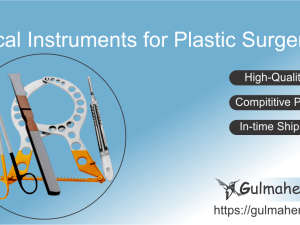Diagnostic instruments encompass a broad range of tools used in various fields for assessing, measuring, and analyzing different aspects of systems, processes, or individuals. These instruments are designed to provide valuable insights, aid decision-making, and facilitate problem-solving. Here are some examples across different domains:
Medical Diagnostic Instruments: These include devices used by healthcare professionals to diagnose diseases, monitor health parameters, and assess bodily functions. Examples include blood pressure monitors, stethoscopes, thermometers, MRI machines, X-ray machines, ultrasound scanners, and electrocardiographs.
Psychological and Educational Assessment Instruments: These instruments are used to evaluate cognitive abilities, personality traits, emotional functioning, and educational achievement. Examples include intelligence tests (e.g., IQ tests), personality assessments (e.g., Myers-Briggs Type Indicator), achievement tests (e.g., standardized tests like the SAT or GRE), and behavioral assessment tools.
Environmental Diagnostic Instruments: Instruments used to measure and monitor environmental parameters such as air quality, water quality, soil composition, and noise levels. Examples include gas detectors, pH meters, spectrophotometers, and weather monitoring devices.
Industrial Diagnostic Instruments: These instruments are used in manufacturing and engineering settings to assess the performance, quality, and safety of products and processes. Examples include oscilloscopes, multimeters, vibration analyzers, thermal imaging cameras, and non-destructive testing equipment.
Diagnostic Instruments in Automotive and Aerospace Industries: Instruments used for diagnosing problems in vehicles, aircraft, and spacecraft. Examples include diagnostic scanners for vehicle engines, flight data recorders, and engine performance analyzers.
Diagnostic Instruments in Research: Instruments used in scientific research for data collection, analysis, and experimentation across various disciplines such as biology, chemistry, physics, and engineering. Examples include microscopes, chromatography systems, spectrometers, and particle counters.
These are just a few examples, but diagnostic instruments cover a wide array of tools and technologies tailored to specific purposes and industries.

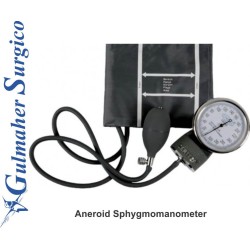
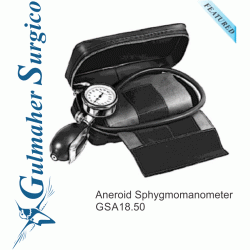


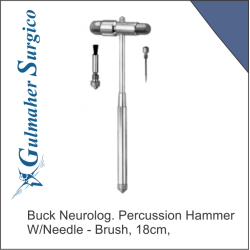
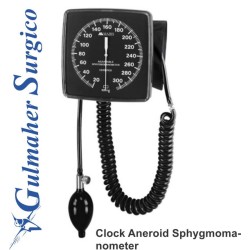
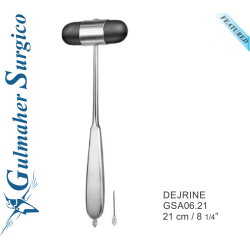
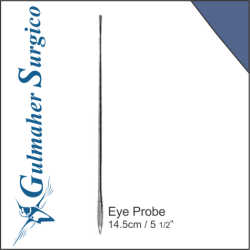
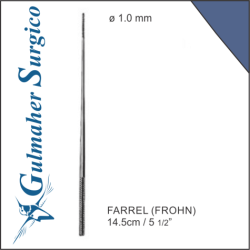
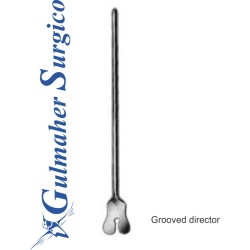
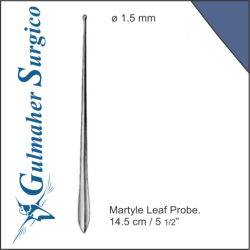
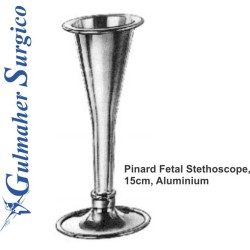
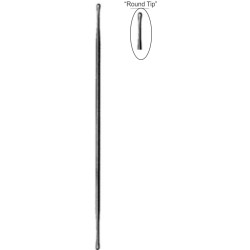
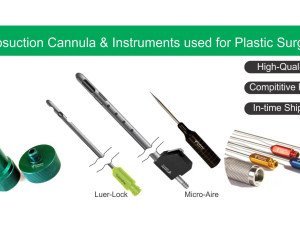
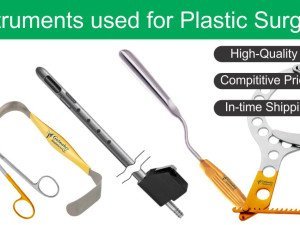

-300x225h.png)
